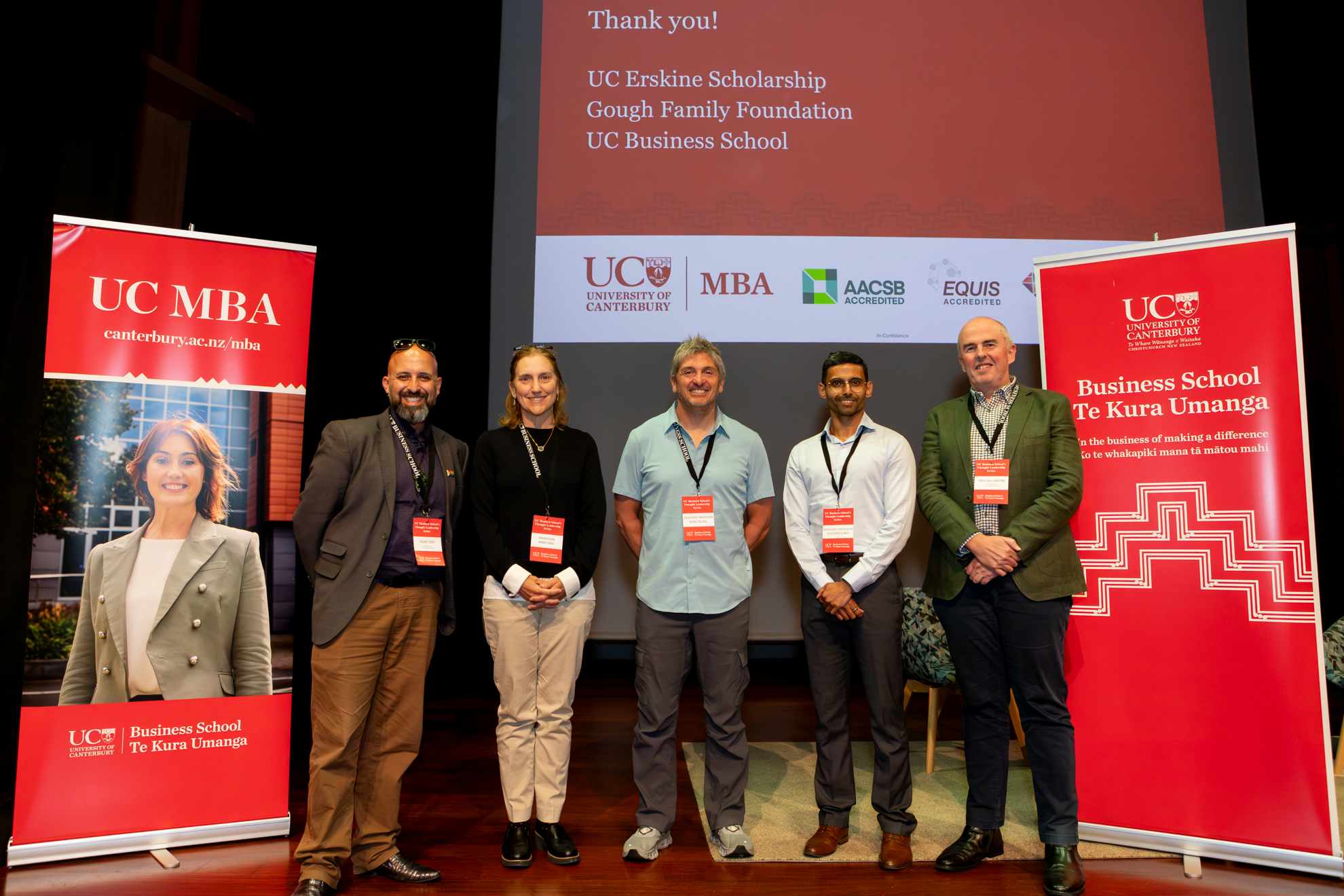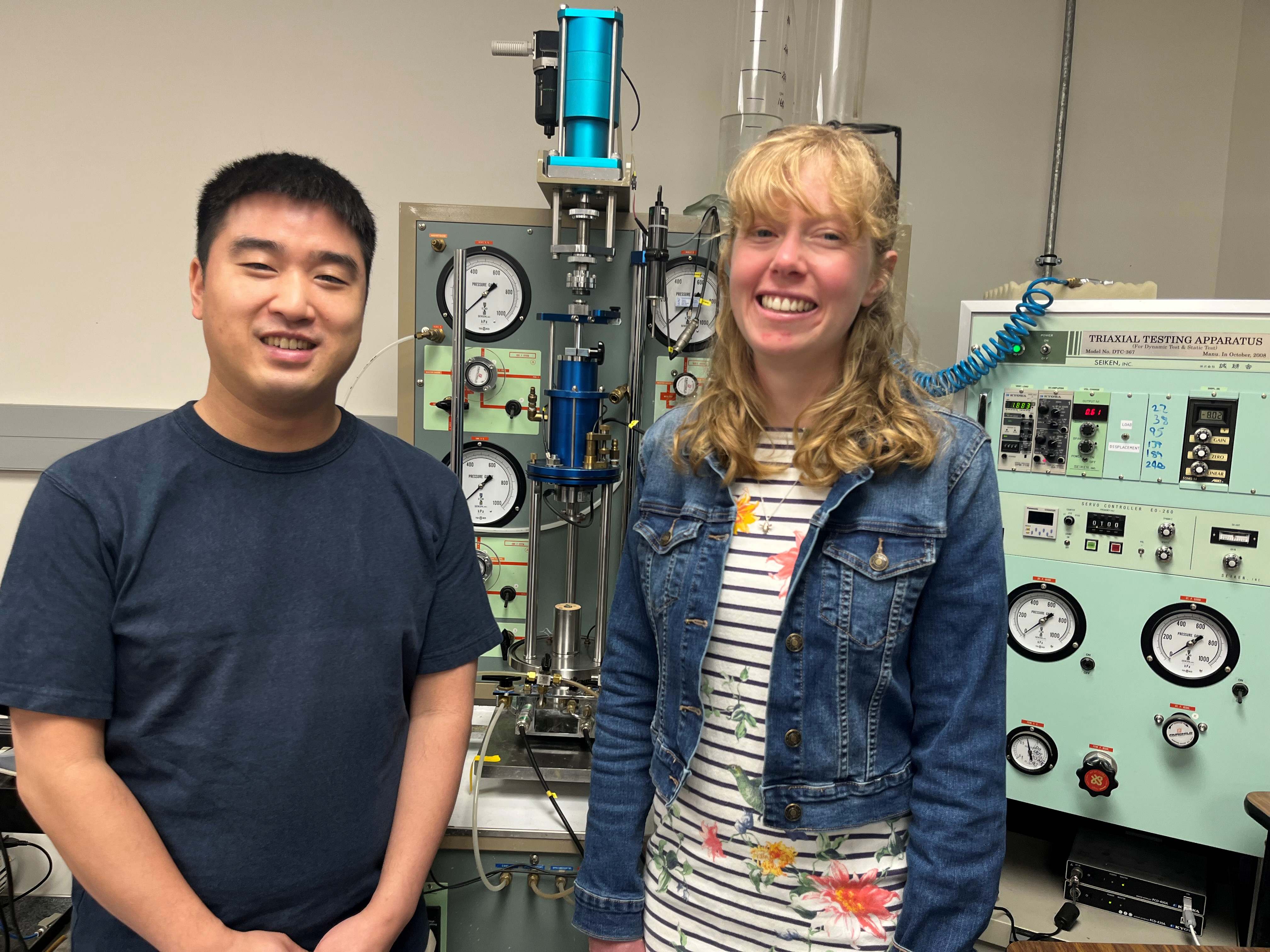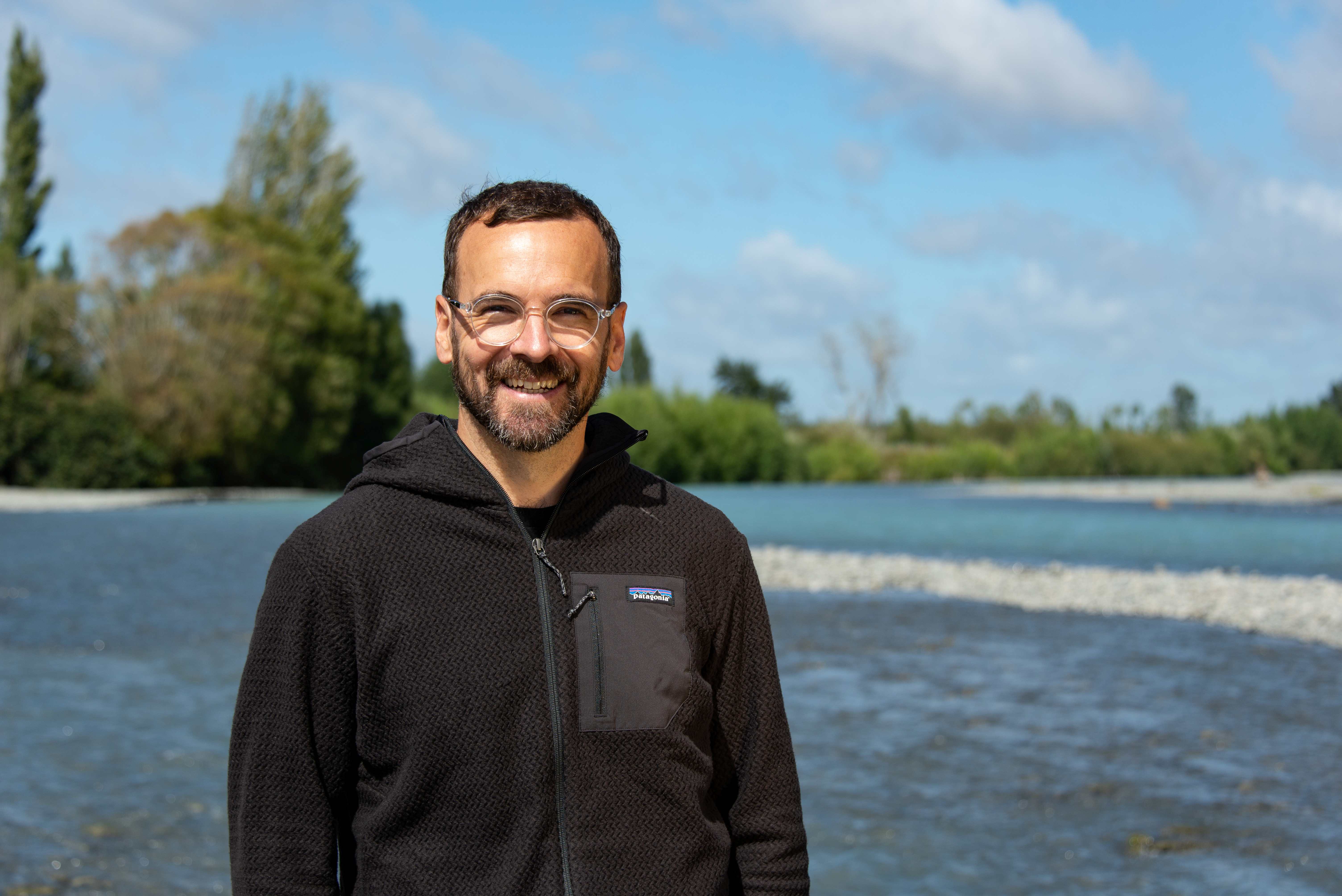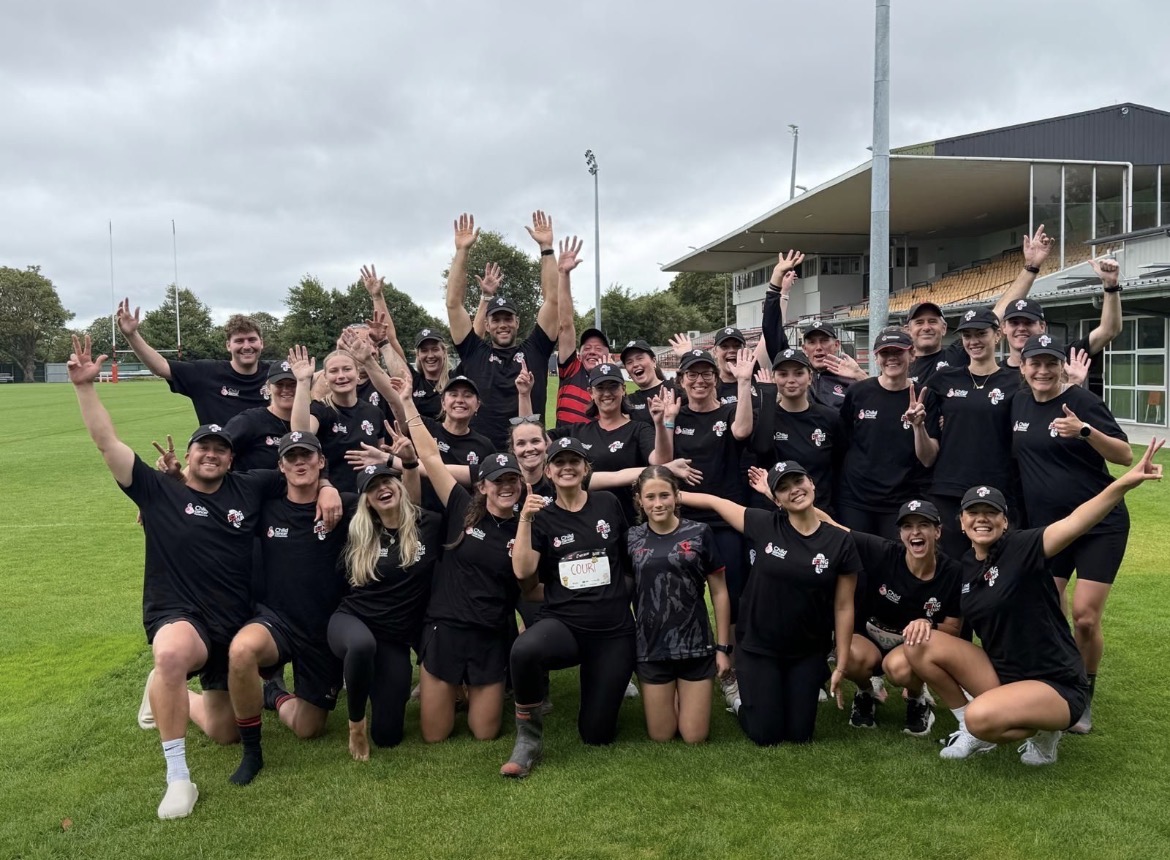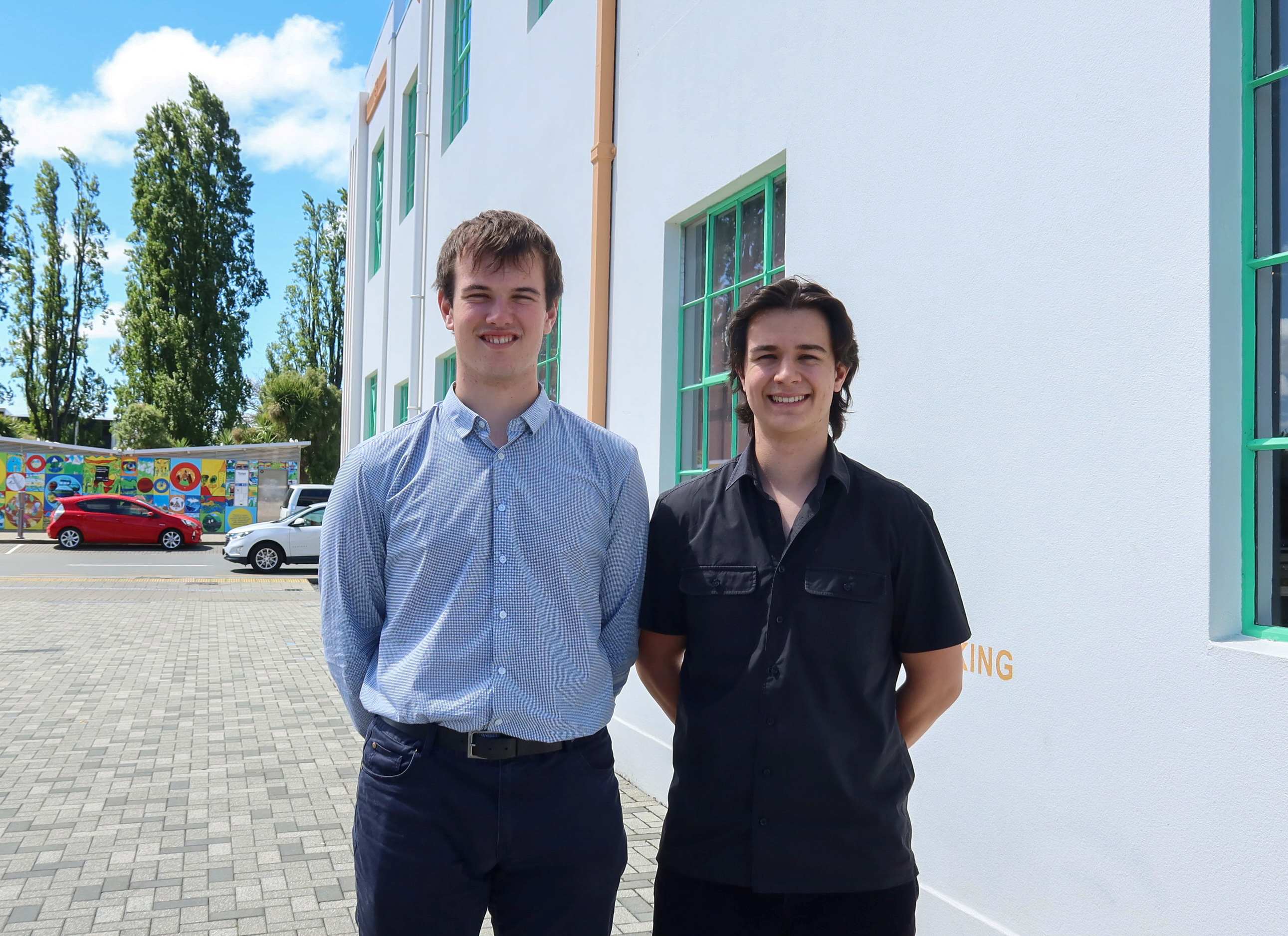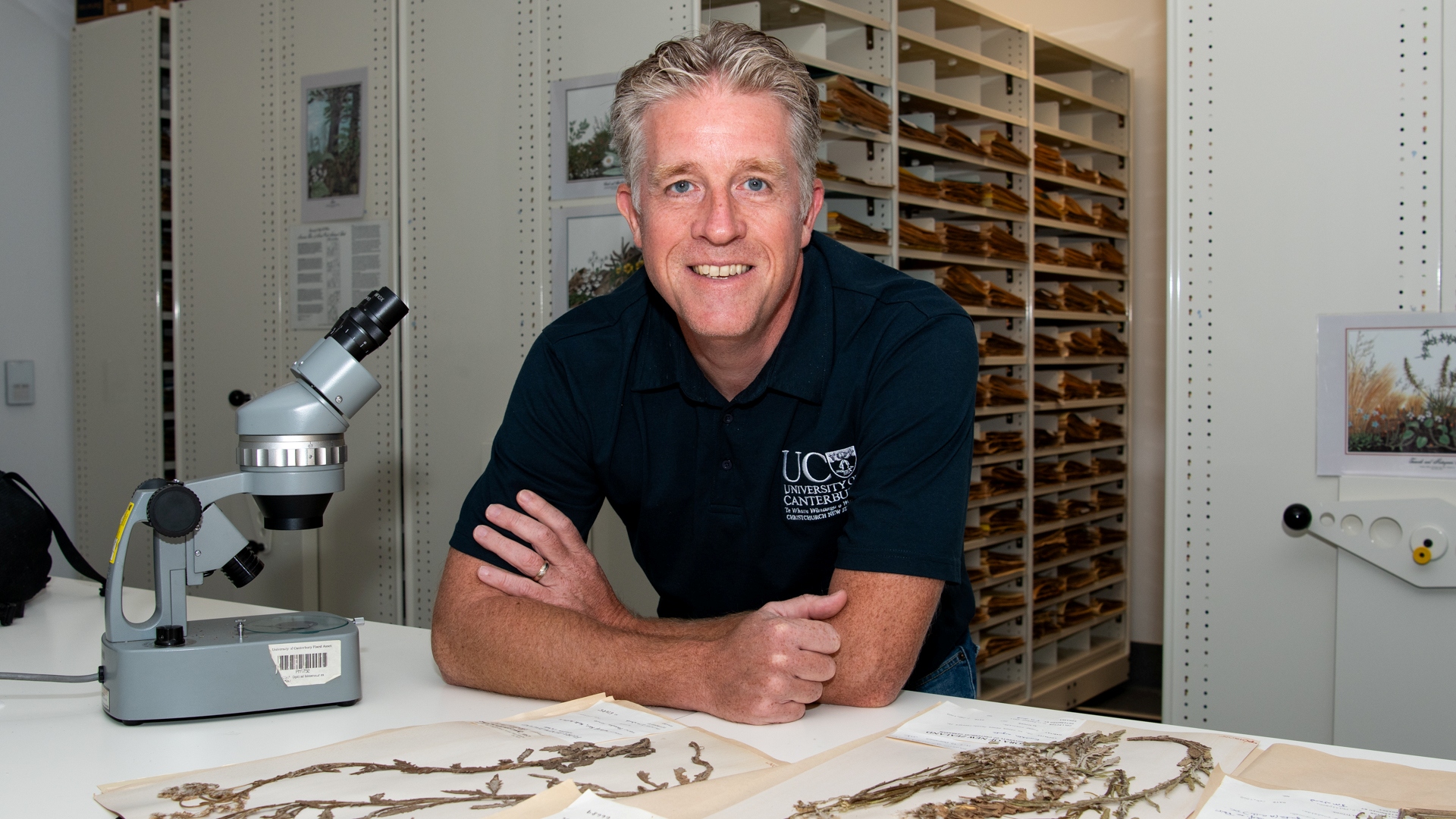Te Whare Wānanga o Waitaha | University of Canterbury’s highest academic honour recognises Associate Professor North for his transformative contributions to outdoor and experiential education, and his lasting influence on teaching and learning at UC and across Aotearoa New Zealand.
Through his innovative fatality case study model, he challenges outdoor educators and leaders to confront complex and difficult scenarios as a way to deepen understanding, awareness and care; preparing them for the realities of the world they’ll step into
“We are aspirational. We look to bring out the best in people and connect them with nature in ways that support both the environment and them. And the worst thing an outdoor educator can conceive of is somebody dying in our care.”
He says confronting real incidents is uncomfortable but necessary. “By bringing in cases where people have died and asking students to study them; it’s grim, it’s compelling and it makes them think. It helps them plan better, be more aware and those are really important things. Otherwise, an assessment on risk management just turns out to be another test, another assignment. I want them to go out being safer. We want to try and reduce the number of fatalities, eliminate them if possible.”
Associate Professor North’s approach has changed how students prepare for outdoor teaching, giving them agency and personal connection to their practice. “One of the principles that I follow is being learner-centred, catering to individual students. By allowing them to choose a fatality or an incident that was closer to their practice, increased the engagement. That allowed them to contextualize that learning more, and therefore the learning was more powerful for them.”
His model has since evolved into a national programme. “The fatality prevention workshops that are being rolled out nationally were informed by some of the research I did with my students, an academic from Australia, and another academic from New Zealand. We’ve created this workshop that’s now going around to support outdoor leaders, outdoor educators, and school principals to better understand how to keep students and young people safe in the outdoors.
“It’s really gratifying to see that research also picked up and applied internationally for preparing teachers for field trips,” he says.
Associate Professor North has built a national and international reputation for championing learning that happens beyond the classroom through real-world experiences, critical reflection and deep connection to place.
“It’s what the student does that creates the learning,” he says. “The doing, the environment and the physical embeddedness of being in a place with a group of people is at the heart of the learning that I facilitate.”
His experiential philosophy extends across decades of teaching, research and leadership. “Learning can be a transformative shift in identity and worldview,” he says. “There’s a tension between ideas that are purely sitting in the academic domain and people's lived experiences. What I'm trying to get is a conversation going between the lived experience and the academic theory.”
As Chair of the Faculty Learning and Teaching Committee and a long-time mentor to academic colleagues, Associate Professor North’s approach to professional development is rooted in relationship and reciprocity.
“I take them for a walk. We do a walking hui, and we’ll walk around the grounds and those same things that I find in outdoor environments happen. You’re walking side by side, conversation kind of flows. It’s less formal. Things come up, you can discuss, and it’s an exchange. I really, really believe in ako, where I'm learning as much as they are or even more!”
That belief in shared learning underpins his vision for academic culture. “I really want faculty to see other faculty teaching, go and meet up with somebody else, watch their class, have a cup of coffee afterwards, and just talk about what you learned from the way they teach, the way they're engaging with their students.”
Associate Professor North’s philosophy extends beyond his classroom to the broader purpose of tertiary education itself. “I want students to take away the idea that what they're learning here is not just relevant here, it's relevant outside, in the community and in their future lives. I want them to see those connections,” he says.
“It’s about helping students to see that these are steps on a pathway towards knowledge that is valued for the future. Learning is satisfying, sometimes fun, sometimes totally hard work, but really worthwhile.”
For Associate Professor North, that’s what defines great teaching: the capacity to create lasting, authentic learning that transforms how people see themselves and the world around them.




